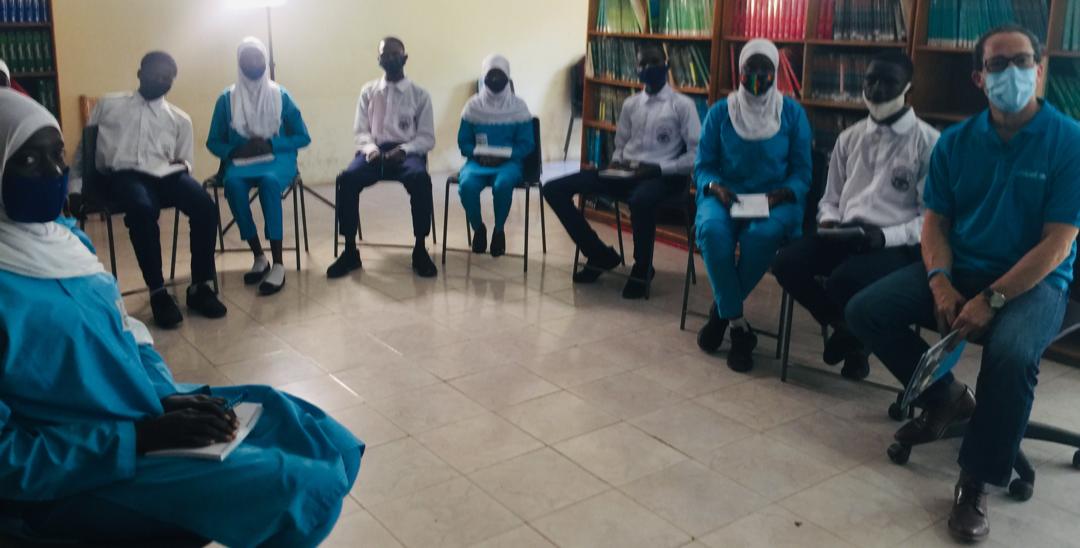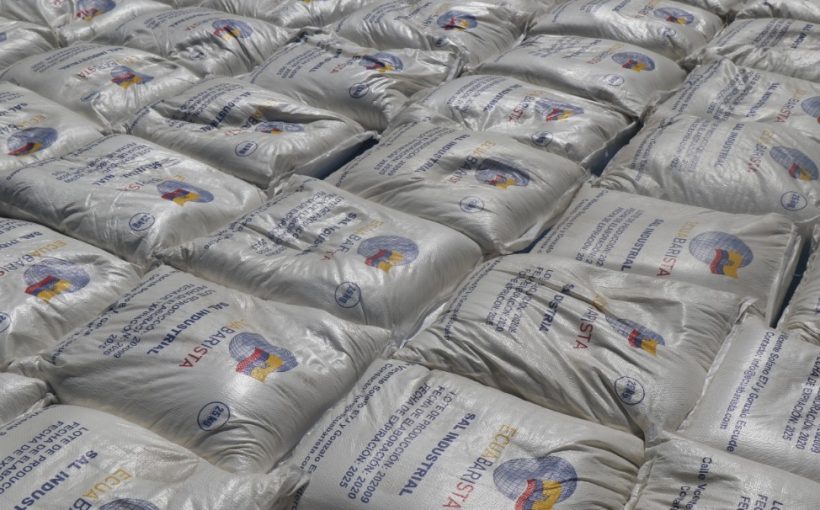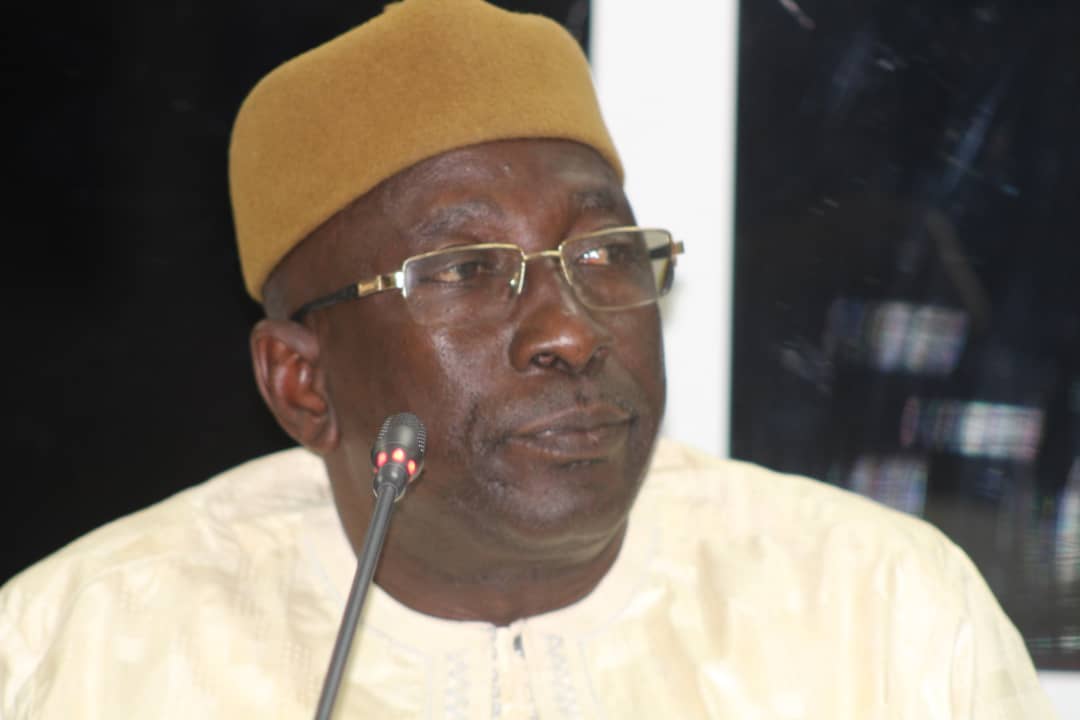By Mariama Njie
The United Nations Children’s Fund has revealed that seven hundred thousand Gambian children were temporarily forced out of school due to the outbreak of the coronavirus and that it caused a huge negative impact on their wellbeing.
UNICEF’s country representative Gordon Jonathan Lewis told a gathering in Kotu Senior Secondary School as the world commemorated ‘World Children’s Day.’
“700,000 children in the Gambia were temporally out of school for six months due to the global pandemic,” he said
He added “world’s children day is UNICEF’s annual day action for children by children and this year, the coronavirus crisis has resulted in a child rights crisis; the costs of pandemic for children are immediate and if unaddressed may last a lifetime. The COVID-19 pandemic has a tremendous negative impact on the livelihood and economic wellbeing of the children and their families.”
He said the children spoke about the fact that their learning education was seriously impacted, as they spend much of their time doing home chores, adding the prolonged shut down of schools has had a very negative impact on the children’s capability to continue their learning practice.
“Some of the children were sad about the fact that they believe the lockdown had an impact on the result they attended from their recent examination. It is very encouraging to see that the government has really taken the process of reopening schools, children are happy that they have resumed schools and precautions are taken.
“It very important that with the number of children being affected now back to school to continue their learning, we have been working with the ministry of basic and secondary education to provide facemasks, impute hand wash machine stations, thermometers and the practice of hand washing in schools,” he said.
He continued: “We are also working with the ministry of health by providing accurate equipment to support maternity and child health centers. As we celebrate world children’s day, children should be given space because they have opinions, voices and they have suggestions of how their homes and country can be a better place for them, therefore children’s best interest should be considered in anything





